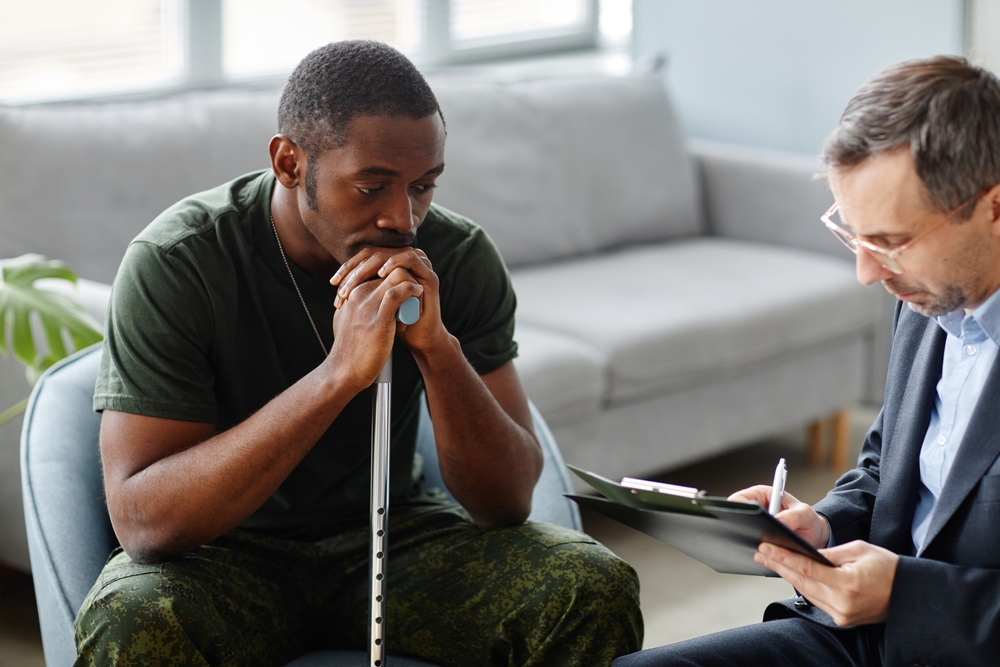Post-traumatic stress disorder (PTSD) is a mental health condition triggered by experiencing or witnessing a terrifying event. This condition can lead to various symptoms that may affect daily functioning and relationships.
Symptoms of PTSD
- Intrusive memories, such as recurring distressing memories, flashbacks, and nightmares.
- Avoidance of thoughts, places, or activities that remind one of the traumatic event.
- Negative changes in thinking and mood, including pessimism, memory issues, and emotional numbness.
- Heightened physical and emotional reactions like irritability, sleep disturbances, and exaggerated startle responses.
Observing and communicating with loved ones showing these symptoms is crucial. Identifying triggers and consulting mental health professionals specializing in PTSD can be vital steps in their recovery.
Effective communication strategies
Healthy communication is essential in supporting someone with PTSD. Here are some tips:
- Communicate clearly and positively, avoiding blame.
- Listen without interrupting and clarify by repeating what you hear.
- Express your feelings clearly and encourage your loved one to express theirs.
- Ask how you can help without giving unsolicited advice.
Understanding and patience are key in helping your loved one feel supported without feeling pressured to share before they are ready.
Managing anger and frustration
Anger is a common response in those with PTSD. To manage anger effectively:
- Implement a time-out system to pause heated discussions.
- Use I statements to express thoughts and feelings nonconfrontationally.
- Be open to each other’s ideas and focus on mutually agreeable solutions.
These strategies can help maintain a calm environment and foster constructive dialogue.
Remember, supporting someone with PTSD is a journey that may also require the involvement of mental health professionals. Your understanding and support can significantly impact your loved one’s healing process.





